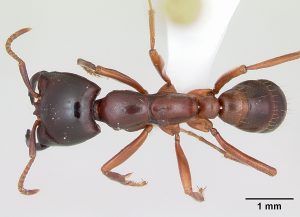
Would you consider a donation to support Weekend Reads, and our daily work?
The week at Retraction Watch featured:
- “Unapproved euthanasia” of rats in neuroscience study leads to retraction
- High-profile paper that used AI to identify suicide risk from brain scans retracted for flawed methods
- Wiley and Hindawi to retract 1,200 more papers for compromised peer review
- Five years after saying it won’t retract Macchiarini paper, journal does so
- A high-quality cloned journal has duped hundreds of scholars, and has no reason to stop
- ‘Sad but necessary’: Ant researchers pull fossil paper over errant claim
Our list of retracted or withdrawn COVID-19 papers is up to more than 300. There are more than 39,000 retractions in our database — which powers retraction alerts in EndNote, LibKey, Papers, and Zotero. And have you seen our leaderboard of authors with the most retractions lately — or our list of top 10 most highly cited retracted papers?
Here’s what was happening elsewhere (some of these items may be paywalled, metered access, or require free registration to read):
Continue reading Weekend reads: Drug company loses defamation suit against journal; Canada a whistleblower wasteland?; UT-Austin can revoke degrees after all






